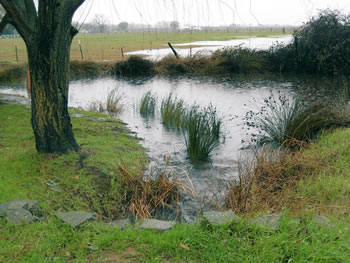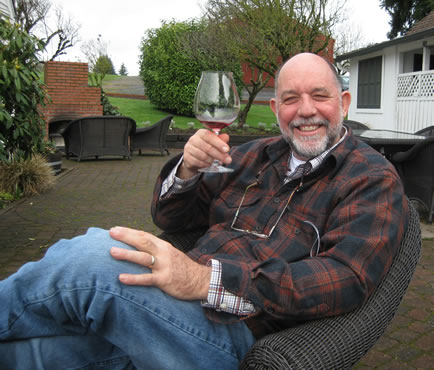Albert Ellis and Robert A Harper tell us:
"We should strive conscientiously to:
1. Increase our objectivity and eliminate confusing facts and inferences
2. Break any habit with which we habitually put ourselves at risk
3. Get rid of agendas that conflict with our higher priorities
4. Replace self-defeating demands and damnation with realistic preferences and appraisals
5. Accept ourselves and others as the fallible human beings we actually are."
- Albert Ellis and Robert Harper, A Guide to Rational Living, p. 58
How to Live the Good Life: Advice From Wise Persons
Virtues and Character
"As a human, four basic processes aid your survival and happiness: (1) You perceive or sense - see, taste, smell, feel, hear. (2) You feel or emote - love, hate, fear, feel joyful or sad. (3) You move or act - walk, eat, swim, climb, and play. (4) You reason or think - remember, imagine, hyopthesize, conclude and solve problems."
These four processes typically interrelate and integrate at the same time. Sometimes, one process can become dominant. Unhealthy positive and negative thoughts can produce unhealthy emotional and behavioral problems for persons.
Some related advice for rational living is found in the Enchiridon, written in the 1st century CE, by Epictetus when he said "People are disturbed not by things, but by the views which they take of them." Shakespeare says, in Hamlet, "There's nothing either good or bad but thinking makes it so." The theory of Rational Emotive Behavior Therapy (REBT) by Ellis and Harper goes far beyond these old sayings to develop a systematic guide for sensible people.
I have benefitted from frequently reading the many books by Dr. Ellis and his REBT colleagues, and trying to practice his advice in my life for many years. I have never participated in individual or group REBT therapy, but I am confident it might help people with serious neurosis and dysfunctional lifestyles.
A Guide to Rational Living

























